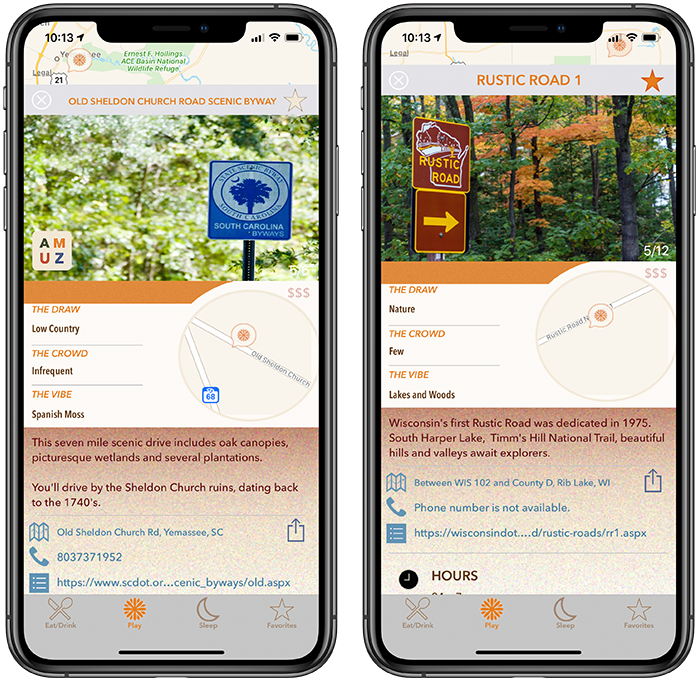Linda Poon
smartly points us to roads less taken:
Even as gas prices fluctuate, Americans have not given up on road trips. The latest “Portrait of American Travelers” report from the travel marketing agency MMGY Global, who interviewed 3,000 people, found that road trips represent 39 percent of vacations in 2016, up 17 percent from the year before. The sustained appeal, according to the New York Times, is the practicality of it all. There’s flexibility in when and how the trip can be organized, and what people can bring with them. It’s also less costly than flying to another destination, and it bypasses the pain of airport security.
Yet, at least for some, the urge to hit the open road must have something to do with the chance to escape the crowds and find something new. And what better way to do that than by setting out with a curious mind for the places most other people are passing by?
amuz includes a many interesting and often scenic routes:


